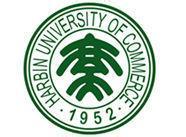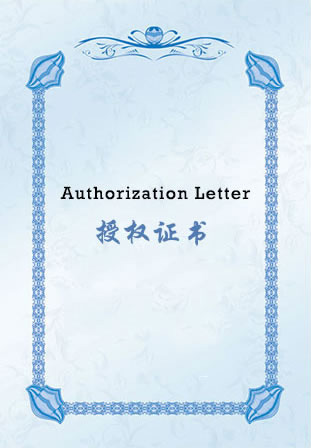Established in 1952, Harbin University of Commerce was the first multidisciplinary university of commerce in China. With the approval of the Ministry of Education, Harbin University of Commerce started undergraduate education programs in 1958 and postgraduate in 1982, and now becomes one of the ten universities entitled for construction priorities in Heilongjiang Province. Harbin University of Commerce achieved Excellence during the Assessment of Undergraduate Instruction in Colleges and Universities sponsored by the Ministry of Education in 2006.
Location
Harbin University of Commerce, located in the famous northern city of Harbin, boasts two campuses with a total area of 1,131,700 square meters, and a school building area of 600,300 square meters. The South Campus is located at No. 138 Tongda Street, Daoli District, and the North Campus at No.1 Xuehai Street, Songbei District.
Schools
HUC is authorized the conferment of doctor’s and master’s degrees by State Council Academic Degree Committee, and the right to send excellent undergraduates for postgraduate program without entrance examination. The university now has 3 doctoral programs on first-grade disciplines, namely, Applied Economics, Business Administration and Traditional Chinese Pharmacology; and 1 doctoral program on second-grade discipline, Food Science. The university also launches 11 postgraduate programs on first-grade disciplines, 30 programs on second-grade disciplines, and 9 programs for master’s degree, among which master’s degree program on engineering covers 6 branches of the discipline. HUC cultivates 10 provincial key disciplines, which are Development and Innovation of The Third Industry, Industrial Economics, Food Science, Traditional Chinese Pharmacology, Enterprise Management, Accounting, Finance, International Trade, Mechanical Design and Theory (Agro-processing Technology and Equipment) and Management Science and Engineering (Logistics and Supply Chain Management); 6 national featured majors, namely Machine Design, Manufacture & Automation, Accounting, Commodity Science, Pharmaceutical Engineering, Food Science & Engineering, and Economics; and 10 provincial key specialties, which are Tourism Management, Commodity Science, Accounting, Business Administration, Machine Design, Manufacture & Automation, Finance, Economics, Pharmaceutical Engineering, Food Science & Engineering, and Packaging Engineering. Besides, the university has 1 post-doctoral studies station (Pharmaceutical Research Institute) and 2 post-doctoral scientific research stations (Institute of Pharmacology and Northeast Asian Service Outsourcing Research Center). The university boasts 1 Natural Antitumor Drug Engineering Research Center certified by the Ministry of Education; 2 provincial Engineering Research Centers; 2 provincial key laboratories (Food Science & Engineering and Antitumor Drug); 3 provincial key university laboratories (Food Science & Engineering, Antitumor Drug and Packaging Science & Engineering); 1 state-level experimental teaching model center (Comprehensive Practice Center for Economic Management); 5 province-level experimental teaching model centers; 1 philosophy and social science key research base certified by Heilongjiang Province (Finance and Taxation Research Base); and 3 humanities and social sciences key research bases certified by Education Department of Heilongjiang Province (Market and Circulation Economy Research Center, Law and Economics Research Center and Modern Commodity Circulation Research Center).








 Chinese
Chinese
 English
English
 Korean
Korean
 Japanese
Japanese
 French
French
 Russian
Russian
 Vietnamese
Vietnamese
